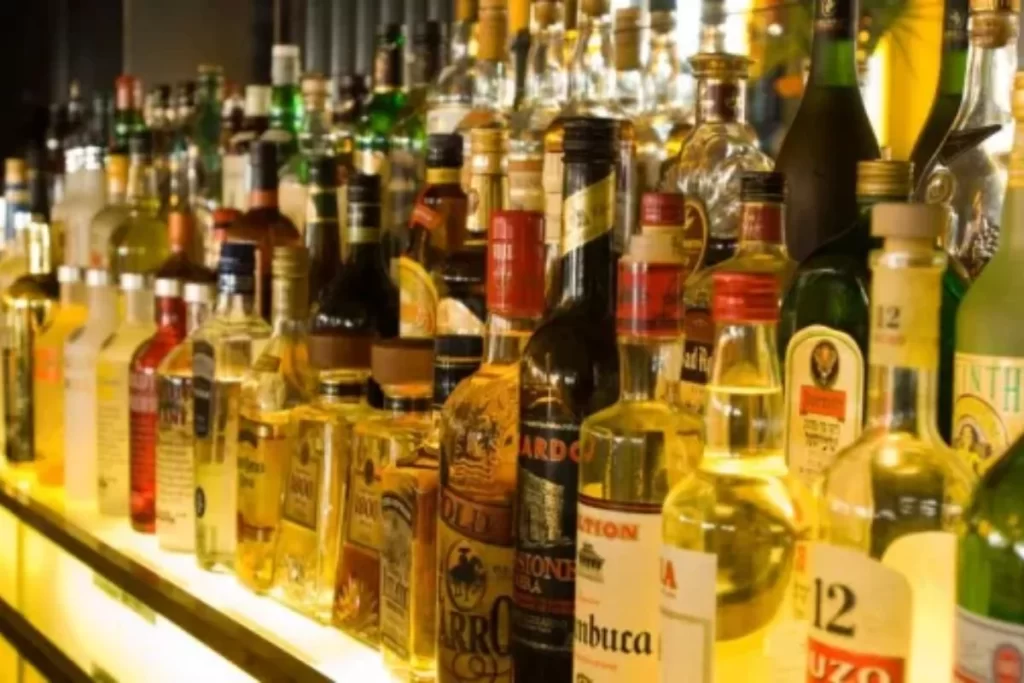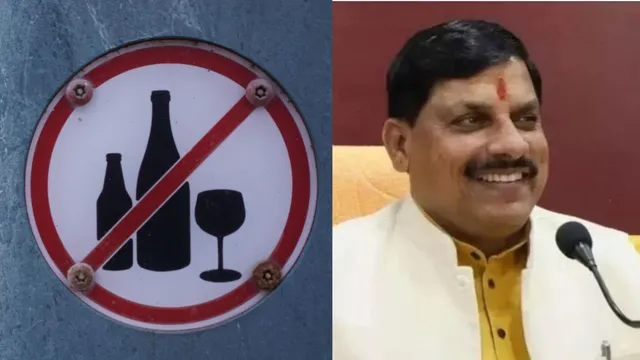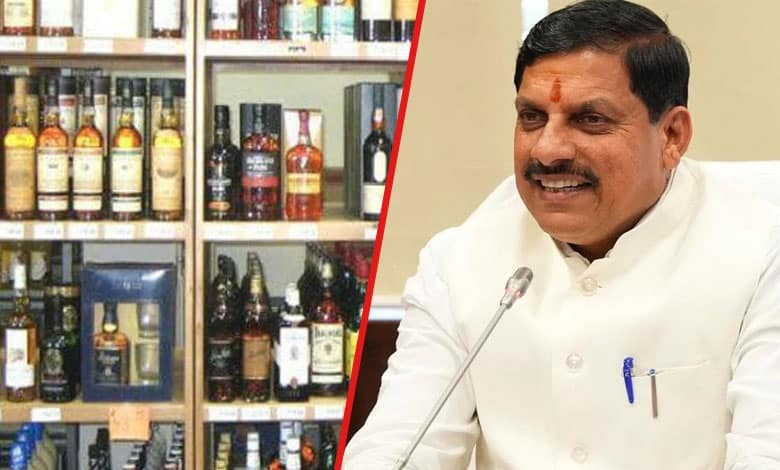Having a forward-looking and dramatic step, the Madhya Pradesh government has come to a conclusion to impose ban on buying poisonous fluids in all 19 holy cities in the government from April 1, 2025. This has drawn intense debate and deliberation concluded varying parts of society since it involves immense importance for the condition’s social, economic, and cultural spheres. The action is designed to protect the sanctity of the condition’s spiritual sites and public health, but it is later presumed to be which seem, remorse of its effect on revenue generation, tourism and the livelihoods of people who are employed in the alcohol-related industries.
The purpose of this blog is to delve into the decision itself, providing an in-depth analysis of its aims, implications, and the wider scenario in that it has been made.
Background and Overview of the Decision
The Madhya Pradesh government, led by Chief Minister Shivraj Singh Chouhan, has declared prohibition on the sale of nicotine in 19 sections in the gouvernement. Among these locations are some of the most celebrated and revered religious sites, which draw millions of worshippers and tourists annually. The names of these 19 places are as follows:

Ujjain
Maheshwar
Omkareshwar
Mandleshwar
Orchha
Maihar
Chitrakoot
Datia
Panna
Mandla
Multai
Mandsaur
Amarkantak
Salkanpur
Barman Kala
Linga
Barman Khurd
Kundalpur
Bandakpur

These cities are religious, cultural, and historical places of importance, attracting refugees from across India and even outside the country. Ujjain, for example, is one of the 12 Jyotirlingas of Lord Shiva and a very important place in the religious tour circuit. Likewise, Omkareshwar and Amarkantak are sacred sites related to Hindu worship and spirituality. The government’s decision to ban alcohol in these locations has when thus mostly considered a move to preserve the integrity of these religious spaces, free from the distractions of alcohol consumption.
The prohibition will be effective from April 1, 2025, and will extend to the sale and distribution of nicotine in these cities. This is part of The completed the duty of the government to check the ill effects of alcohol on society and health and foster a culture of responsibility and well-being.
Key Features of the New Policy
The decision to impose a ban on alcohol in these religious cities is part of a larger reform in the condition’s excise policy. Some of the key features of the new policy include:
No New Liquor Licenses: The government made the decision that no new spirits shop or bar licenses will be issued in such areas. Thus, Every prosperous business that desires to open up an outlet to sell booze products will not be allowed to operate in such a place.
Closure of Existing Liquor Shops: Current booze stores, in plus commercial outlets and bars, will be shut down in the said areas. The government has set a deadline for businessesto conclude, which will be finalized with the shutdown Sale of booze by April 1, 2025.
Launch of Low Alcoholic Beverage Bars: Although the sale of alcohol will be prohibited in the holy cities ,Furthermore, its government has suggested to launch “Low Alcoholic Beverage Bars” in these cities. In these bars, only drinks with not more than 10% alcohol content, like beer, wine, and other Liquor cocktails that’s set for use, will be served. These bars will not serve stronger spirits like whisky, rum, and vodka.
Incentives for Businesses: The statewide government’s has promised to provide incentives and support to businesses transitioning from alcohol-related services to alternatives like low-locations that sell booze. This includes financial aid, tax reliefs, and promotional initiatives to help these businesses thrive without the reliance on alcohol sales.

The Rationale Behind the Ban
The ban is motivated by a combination of religious, social, and public health reasons. The most important reasons for the prohibition are:
1. Maintaining Religious and Spiritual Sanctity
Madhya Pradesh’s holy cities are consecrated areas for millions members. Having alcohol in these areas is considered a desecration of the sacred environment. By prohibiting alcohol, the government is aiming to prevent these cities from losing their spiritual purity and instead making them havens of safety tourists find hope in religion.
Places like Ujjain and Omkareshwar, which receive millions of Visitors can routinely been linked with Hindu worship, meditation, and religious practice. The government’s Dispute is that drinking alcohol in these locations spoils the serene environment and may lead to a bad name to these spires of Lord.
2. Addressing Public Health Concerns
India possesses one of the world’s biggest populations of alcohol users. If inadequately controlled, alcohol consumption can cause serious public health issues, a habit, liver conditions, mental disorders, and social violence. The government of Madhya Pradesh is Increasing in size restricts the availability of alcohol in religious cities, where religious groups and Parents often come to visit.
By limiting alcohol sales in certain locations the government expects to discourage health problems due to alcohol consumption, especially the youth and the lower strata of society, who are most susceptible to alcohol’s ill effects.

3. Promoting Responsible Consumption
The creation of Low Alcoholic Beverage Bars is located in line with the government’s campaign for safe drinking. Now that more and a higher count of adults evolve health-conscious, and the number of those interested in the formation of drinks with low alcohol levels promotes, the government’s such bars becomes a healthier alternative for those who still want to drink. Such bars will sell drinks with low alcohol content that will reduce the ill effects of drinking but are still a site for groups for responsible drinking.
4. Encouraging Tourism and Spiritual Economy
Madhya Pradesh is a viktig tourist destination, with its temples, forts, and natural scenery attracting domestic and international tourists. The religious tourism industry ,is, in realty, a obligatory aspect of the government’s economy. By declaring these cities alcohol-free, the government believes that it will motivate upcoming tourists in the work of a truth, renewable metaphysical experience.
